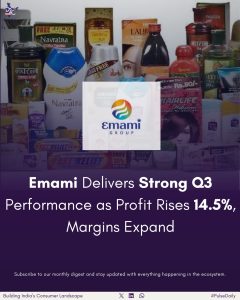Ather Energy’s recent performance offers some interesting growth signs within the Indian EV space. In the second quarter, their revenue jumped by 54% year-over-year, reaching ₹898.9 crore. At the same time, they cut their net losses by 21.3% to ₹156.7 crore. With investors paying close attention to profits right now, this makes Ather a strong contender in the consumer hardware and direct-to-consumer market.

They sold 65,595 electric scooters this period, which is almost double what they sold before. This gave them 17.4% of the national market, and even allowed them to outsell Ola Electric in September for the first time. This shows that Indian consumers are ready to embrace new transportation tech on a large scale.
Despite operational expenses going up to ₹1,094.8 crore because of things like material costs and employee pay, Ather Energy improved its EBITDA margin by 1,100 basis points through cost management and better operational practices. This matters because EVs are becoming a consumer category where brand, tech, and user experience are very important. It is on its way to being a premium brand in mobility. CEO Tarun Mehta mentioned that this quarter showed steady growth and progress toward profitability. He added that growing demand in Middle India and a stronger retail network are helping with distribution across the country.
Ather’s focus on supply chain is also worth noting, while global EV companies are facing issues with China’s rare-earth magnet export policies, Ather has become one of the first EV startups to create a motor platform that doesn’t need these materials. They now have ARAI type approvals and PM E-DRIVE eligibility. Ather also launched its new EL platform this period, which is designed to be more affordable and expandable compared to their current one, setting the stage for quicker category growth.
It seems that the next step for direct-to-consumer businesses in India involves hardware, software, IP, retail, branding, and profits. The question now is not whether EVs can grow, but which brands will gain trust and control the market. Ather finds itself in a situation, consumer brands are expanding beyond their original categories. Investors worldwide are watching these developments, not just for revenue growth, but also for what it means for the value and potential IPOs of direct-to-consumer startups. Ather is more than just a top EV brand. It is a business that indicates that Indian direct-to-consumer category creation will include technology manufacturing, not only beauty, snacks or apparel.








